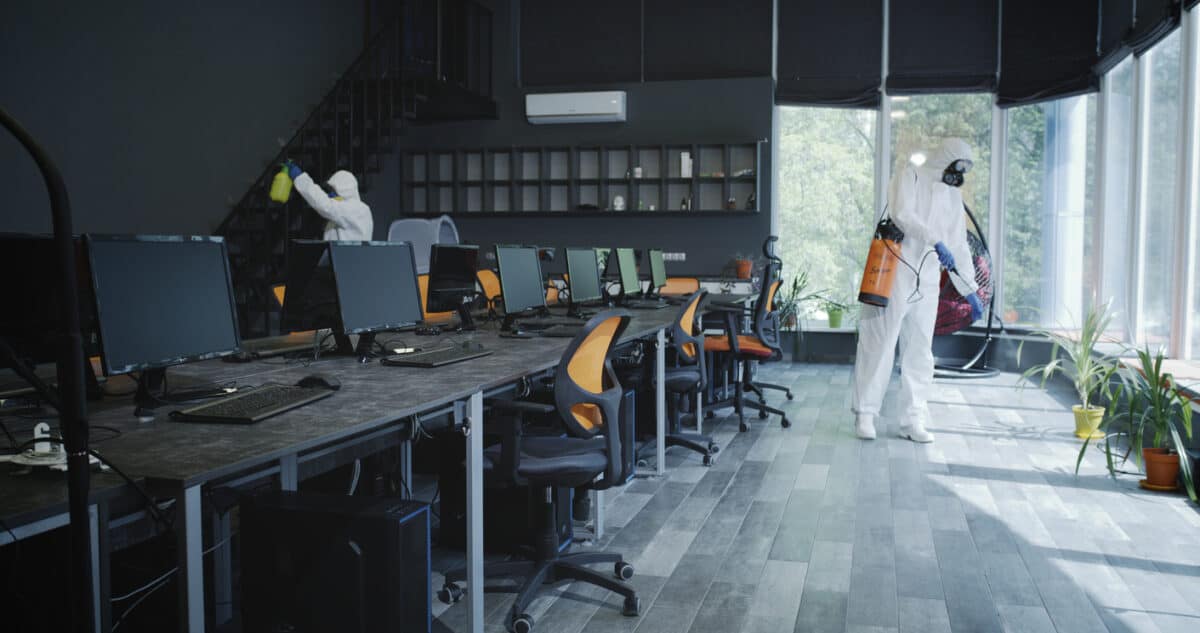Recently Australian law firm Herbert Smith Freehills conducted a webinar on mandatory vaccinations. (2,000 attendees = hot topic) This workplace issue is moving quickly in each Australian jurisdiction and almost every day. There was some helpful advice in this seminar that was, thankfully, not reliant on case law and the avoidance of occupational health and safety (OHS) liability. Below is a discussion of some of the self-analysis and risk assessment that all employers should undertake to manage their workforce through COVID-19.
Category: business
“Too little, too late” but potential in primary prevention
On Australia’s Women’s Safety Summit, Wendy Tuohy contemplated, in The Age, after the first day;
“It may turn out to be too little, too late, but if there’s real commitment behind Morrison’s lines, we could conclude it’s a start.”
There are few signs of Prime Minister Scott Morrison’s commitment. Women will continue to work in companies and workplaces where they are at risk of psychological harm from sexual harassment and physical harm from sexual assault. Occupational health and safety (OHS) laws offer a harm prevention option that nobody seems keen to consider.
Back to the old office in a new world
Many employers are rattling around floors of empty offices while their employees are working remotely or at home and almost entirely due to modern telecommunications. This has not been at the request of employers but due to government lockdown requirements. The push to have workers return to multi-storey offices is reflective of the desire to return to normal rather than accepting that established business structures have been rendered impractical or unfeasible for the coronavirus future.
A recent article in the New York Times illustrates this new circumstance well. The article, titled “New surveys show how pandemic workplace policies are shifting“, says that the major information technology companies in the United States that every business seems to want to emulate even though their practices are very questionable are continuing to postpone the return of workers to bricks and mortar (or glass and stainless steel) offices. The NYTimes article is the first to discuss this phenomenon and its relation to mandatory vaccinations.
Revelations for wellness providers and workers
The Australian Financial Review (AFR) is Australia’s national newspaper on business issues. Recently its Editor Michael Stutchbury stated that he purposely focussed the newspaper on being business-friendly. This is understandable as businesses and employers, and entrepreneurs are the paper’s subscriber base and market, but sometimes articles can be too business friendly, and a recent article on burnout and the four-day-week may be an example. Thankfully the AFR article also included a brief mention of a more useful global survey about work in a time of pandemic.
The article, called “Pandemic burnout ignites argument for shorter workweek” (paywalled) included these quotes from a regular AFR contributor Reanna Browne on the possible mental health benefits of a four-day week:
“COVID has intensified these [mental health] issues and also given rise to new forms of workplace exhaustion such as wide-scale increases in working hours, alongside novel health challenges like digital load management and Zoom fatigue…”
OHS progress needs out of the box thinking
It is generally understood that the attempt to harmonise Australia’s occupational health and safety (OHS) laws failed to achieve the level of change and integration expected. The laws are more harmonised than they were but each jurisdiction claimed special needs and so multiple jurisdictions continue to exist with their own laws and one State, Victoria, is still giving the bird to the rest through poorly justified arguments and pigheadedness. This unwillingness to even consider change, outside of established parameters, is a major impediment to the development of safe workplaces and work practices.
For example, Australia still desires nationally consistent OHS laws as this exchange between Deborah Knight, of radio station 2GB and the CEO of the Business Council of Australia, Jennifer Westacott, shows:
Can the sex industry be the same as any other industry?
The Australian State of Victoria has committed to the decriminalisation of sex work. It made this decision some time ago, conducted an inquiry into how this could be achieved and is now in a further consultative process on what laws and practices need to change. The aim is honourable – to reduce the stigma of a legitimate industry. However, there is one statement repeated in media releases and discussion papers that encapsulates the challenge:
“Decriminalisation recognises that sex work is legitimate work and should be regulated through standard business laws, like all other industries in the state.”
That challenge is can, and should, Victoria’s sex industry be treated like “all other industries”?
Attendee list of IR Minister’s business roundtable
Last week, Australian business and union representatives failed to gain the additional support on COVID-19 issues they wanted from the Federal Government during their meeting with the Industrial Relations Minister, Michaelia Cash. The Minister’s media release of the event seems to indicate business as usual.
One piece of information that has not been released before is a list of the organisations that attended. That list, published below and in no particular order, shows the attendees but, perhaps more interesting is those who were not invited.






